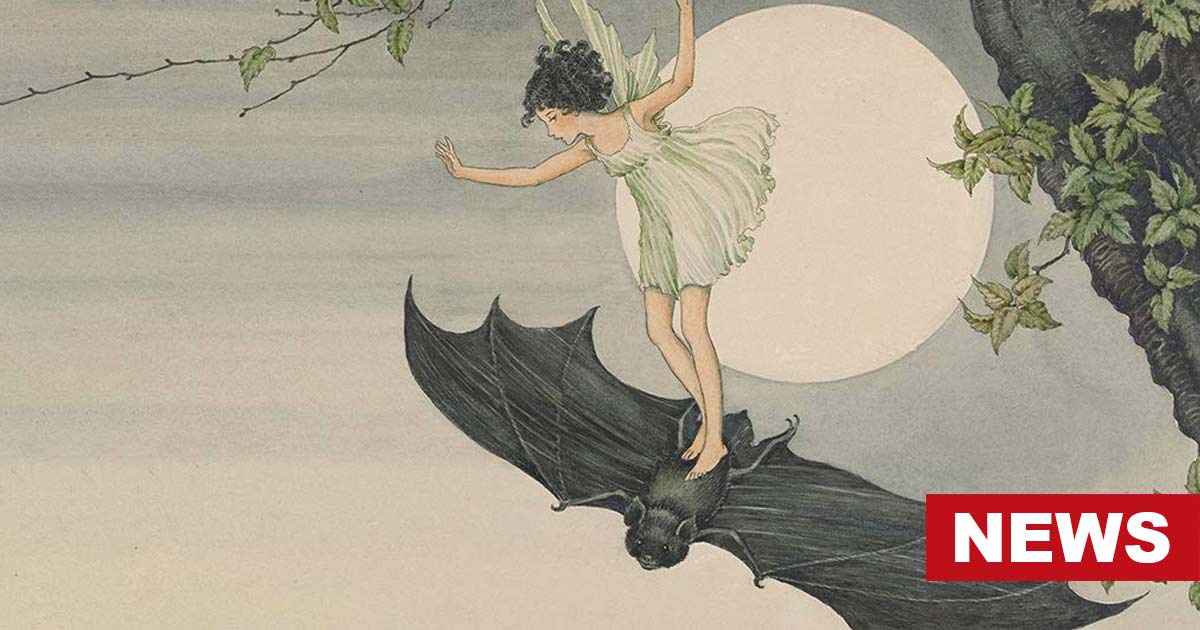The rising Fairy Flying TikTok trend appears to draw inspiration from mythical creatures, but mental health professionals are expressing serious concerns about its potential impact on young individuals’ mental wellbeing.
The hashtag #fairyflying on TikTok leads to videos with distressing imagery that some liken to fake “suicide-by-hanging” scenes. These videos depict lifeless, headless bodies swaying in the air. The challenge has garnered significant attention, amassing around 66 million views as of the most recent data.
One particular video, posted on July 24 by content creator @emmytherattypatty, shows the TikToker seemingly hanging in front of a dresser with her head obscured. At first glance, it creates the illusion that she is attempting suicide, but closer examination reveals she is merely standing on the dresser with her Crocs dangling on her heels while flailing her arms.
The disturbing content has raised alarms among viewers, with one concerned commenter expressing fear for the person’s safety before realizing it was not an actual suicide attempt.
Major media houses across the world reached out to TikTok to understand how the platform plans to address this new viral Fairy Flying trend, especially considering its history of handling potentially dangerous content.
TikTok has previously faced accusations of promoting hazardous challenges like the “Benadryl,” “boat-jumping,” and “scarf game” challenges. The platform claims to prohibit strictly and remove content that encourages harmful behavior to prioritize the safety of its community.
However, this Fairy Flying mental health trend presents an added complexity, as the videos often present themselves as “cute” and innocuous, making it difficult to recognize the potential negative impact.
Dr. Josh Stein, a child and adolescent psychiatrist at Newport Healthcare’s PrairieCare program, has highlighted the concern that such content could be triggering or evoke negative emotions in individuals with a history of self-harm and suicide—including those with frequent suicidal ideation or those who have lost loved ones to suicide. He emphasized the challenge of platforms like TikTok in foreseeing the potential consequences of their content.
Another TikTok account, @fairypowers123456, features numerous “cute” and “preppy” Fairy Flying TikTok trend videos, even though the captions clearly reference #fairyflying. Some viewers were confused about the content, expressing shock and concern about its similarity to death imagery.
This growing trend has raised further concerns within the medical community, with mental health counselor Alicia D. Akins, Ph.D., expressing worry about the potential impact on individuals with mental health issues, especially children who may not think logically and could develop harmful self-diagnosis ideas through social learning theory.
TikTok has previously removed content and phrases deemed dangerous, such as the “blackout challenge,” which was linked to the deaths of 20 children in 2022. The platform’s safety guidelines emphasize the recognition of harmful challenges and offer support to users who may be struggling with loneliness or stress.
While TikTok presents itself as a positive and supportive community, mental health experts urge parents to monitor their children’s screen time diligently. Dr. Danielle Roeske, vice president of residential services at Connecticut’s Newport Healthcare, questions the appeal of such content and its implications for society’s efforts to connect with one another.




























